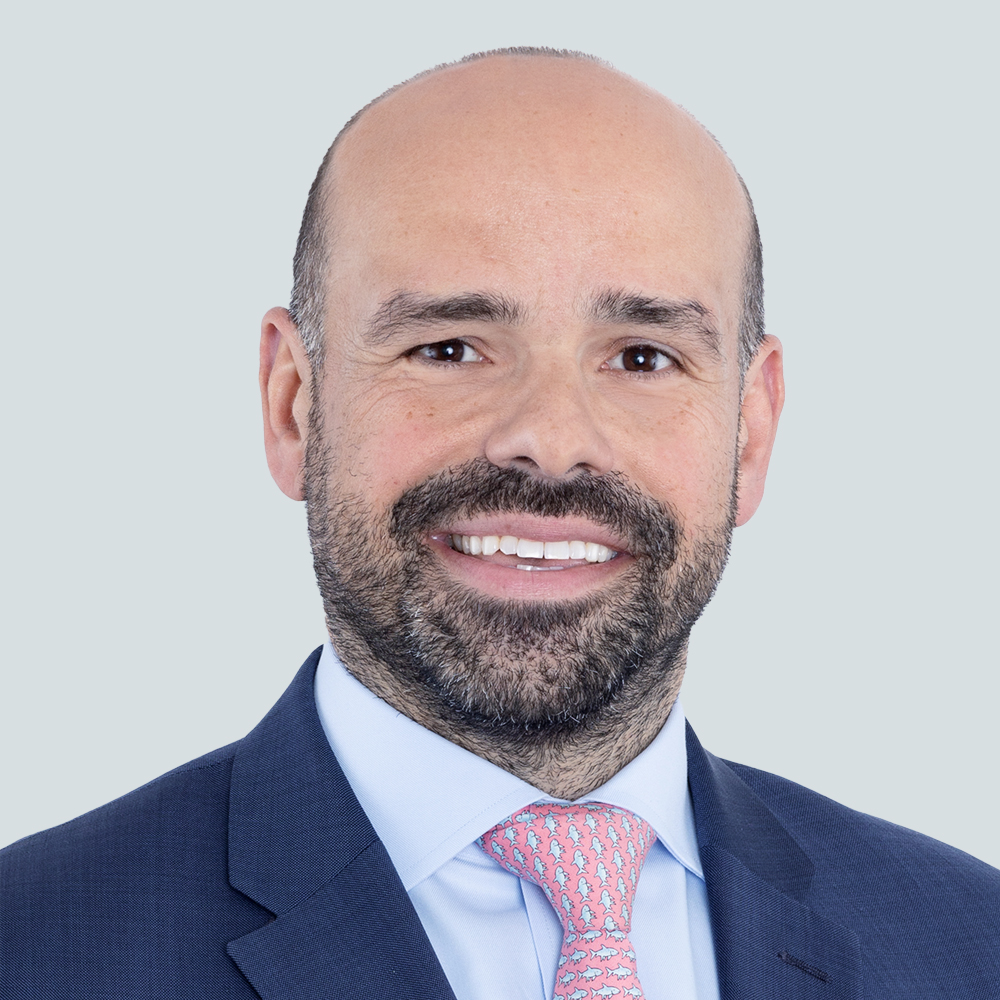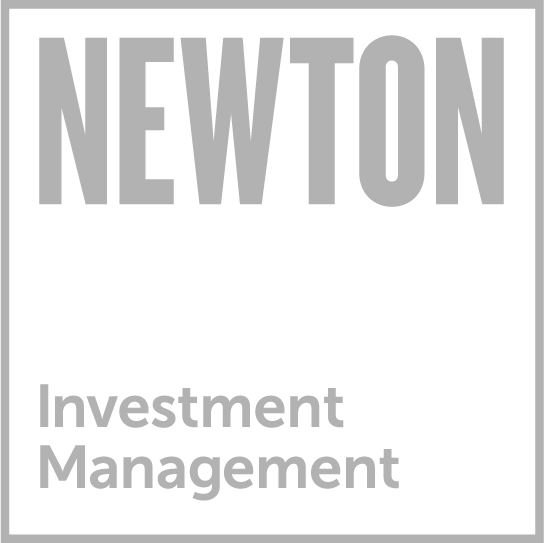Jim Lydotes joined BNY Mellon Investment Management in 1998 and Newton in 2021. Before that he gained a BA in economics from Syracuse University. He is a member of the CFA Society Boston and the Boston Committee on Foreign Relations. Here, he discusses his background, current role and market outlook.

Jim Lydotes
Deputy chief investment officer of equities, head of the global equity income team and portfolio manager at Newton Investment Management, part of BNY Mellon Investment Management – in Boston.
Joined Newton in 2021.
What’s your role at Newton?
I have been at BNY Mellon Investment Management – now specifically Newton – for virtually my entire career – about 24 years! While I am an active portfolio manager across a number of disciplines, a large part of my role is now heading up the global equity income team and driving its research agenda and strategy.
What prompted you to go into investment management?
Initially, I wanted to be a doctor and became a pre-med at Syracuse University. About a year and a half in, I took an economics class as an elective. My economics professor taught the concept of diminishing marginal returns, which I found fascinating, and I never returned to medicine. Anyway, the sight of blood makes me squeamish!
What do you like most about the investment management business?
I’m naturally very curious and investment management gives a great opportunity to learn new things every day about a wide range of companies, trends and global change. Whether it is researching Japanese rail businesses or gaining new insights into opportunities in evolving landscape of European energy policy, there are an unlimited number of topics to learn about. This is an industry where you have to learn new things every day and be able to apply that knowledge to help clients achieve positive outcomes. I happen to believe this is the most interesting job in the world.
What are the strengths of Newton in global equity income investment?
One of the huge advantages we have as an organization is that we have such a long-standing global equity income franchise. Several key members of our team have been with the firm for over 20 years and have huge experience in managing global equity income strategies. This experience, coupled with the long experience of US income managers that we have in managing money at the firm for similarly over 20 years, points to a real strength in depth. Believe it or not, the person who trained me on my first day on the job in 1998 is actually still with our research team today!
How important is research to your investment efforts?
Very important. Over the last 2 years we have made a huge effort to build out a multi-dimensional research team and we work very closely with the Newton credit team, data analytics and investigative research teams. When I look at how we can add value as an organization to our income products I do think it hinges on the strength of our research team – which is at the heart of everything we do. When you combine a very disciplined portfolio process managed by a very long-tenured portfolio management team and combine that with an excellent multi-dimensional research team that can help to generate real value for clients.
How would you characterize your style as a portfolio manager?
I have always been a value-focused investor. Focussing on good solid businesses that appear undervalued at any stage may provide opportunities to invest and offer an opportunity to add value. As an investor I like to focus on good businesses run by good management teams but which may have gone through a short-term dislocation or fall in value for what could be temporary reasons.
How has the infrastructure landscape evolved over your career? What opportunities does this evolution bring?
I have been managing our infrastructure strategy since its inception more than a decade ago. Most infrastructure managers generally focus on economic infrastructure (energy pipelines, airports, toll roads, utilities). While we focus on those areas, we are also focused on areas like social infrastructure
(hospitals, aged care facilities) and asset owning telco businesses. By broadening the investable opportunity set with businesses that offer the same characteristics (stable cash flows, asset owning business models, regulatory predictability) we can gain access to a broader array of businesses, and therefore be much more discerning in what we are willing to pay for what we own. That has led to a steady and consistent value approach to managing the strategy, and a top tier dividend yield.
When you’re looking at a company, what metrics or qualities do you value the most?
If you look at all the businesses in the world and you are looking for really great businesses run by great management teams you could probably count them on one hand. The fact is there are very few amazing businesses out there and, naturally, there tends to be a lot of global investment focus on those companies. From a corporate and investment perspective, I do believe passionately that, at a corporate level, things are never quite as bad or as good as people perceive them to be. As such, I believe in mean reversion – the theory that businesses eventually revert to their long-term mean or average level – and that it plays a huge role in generating economic value. The vast majority of businesses are generally good companies run by rational management teams. But often there are things going on in their markets that can cause temporary dislocations and that is where investors such as Newton have an opportunity to gain exposure and add value for clients.
What’s the market outlook for global equity income?
When you are investing in income generating equities, understanding the capital allocation decisions being made by managers is key. Markets have been in a low interest rate environment for a long period of time that has enabled some very poor capital allocation decisions that haven’t been overly obvious given the backdrop.
A higher cost of debt instils discipline on management teams, and forces them to make much more rational decisions. In a rising-yield environment income managers are always focused on capital discipline and allocation. Now that we are getting back to a more normal interest rate environment, capital allocation decisions will matter a lot more than it has.
Investors should consider the investment objectives, risks, charges, and expenses of a mutual fund carefully before investing. Contact a financial professional or visit im.bnymellon.com to obtain a prospectus, or summary prospectus, if available, that contains this and other information about the fund, and read it carefully before investing.
Past performance is no guarantee of future results.
RISKS
All investments involve some level of risk, including loss of principal. Certain investments have specific or unique risks. No investment strategy or risk management technique can guarantee returns or eliminate risk in any market environment.
Views expressed are those of the author stated and do not reflect views of other managers or the firm overall. Views are current as of the date of this publication and subject to change. The information is based on current market conditions, which will fluctuate and may be superseded by subsequent market events or for other reasons. Forecasts, estimates and certain information contained herein are based upon proprietary research and should not be considered as investment advice or a recommendation of any particular security, strategy or investment product, and should not be used as the primary basis for any investment decisions.. Information contained herein has been obtained from sources believed to be reliable, but not guaranteed. Please consult a legal, tax or financial professional in order to determine whether an investment product or service is appropriate for a particular situation.
“Newton” and/or the “Newton Investment Management” brand refers to the following group of affiliated companies: Newton Investment Management Limited (NIM), Newton Investment Management North America LLC (NIMNA) and Newton Investment Management Japan (“NIMJ”). NIM is incorporated in the United Kingdom (Registered in England no. 1371973) and is authorized and regulated by the Financial Conduct Authority in the conduct of investment business. Both NIM and NIMNA are registered with the Securities and Exchange Commission (SEC) in the United States of America as an investment adviser under the Investment Advisers Act of 1940. Newton is a subsidiary of The Bank of New York Mellon Corporation. Newton’s investment advisory businesses are described in their Form ADVs, Part 1 and 2, which can be obtained from the SEC.gov website or obtained upon request.
BNY Mellon Investment Management is one of the world’s leading investment management organizations and one of the top U.S. wealth managers, encompassing BNY Mellon’s affiliated investment management firms, wealth management organization and global distribution companies. BNY Mellon is the corporate brand of The Bank of New York Mellon Corporation and may also be used as a generic term to reference the Corporation as a whole or its various subsidiaries generally.
No part of this material may be reproduced in any form, or referred to in any other publication, without express written permission. BNY Mellon Investment Adviser, Inc. and BNY Mellon Securities Corporation are subsidiaries of BNY Mellon.
© 2023 BNY Mellon Securities Corporation, distributor, 240 Greenwich Street, 9th Floor, New York NY, 10286.
Not FDIC-Insured | No Bank Guarantee | May Lose Value
MARK-434896-2023-10-09






